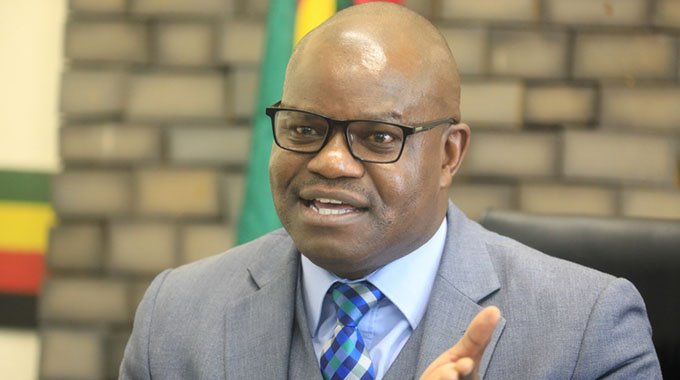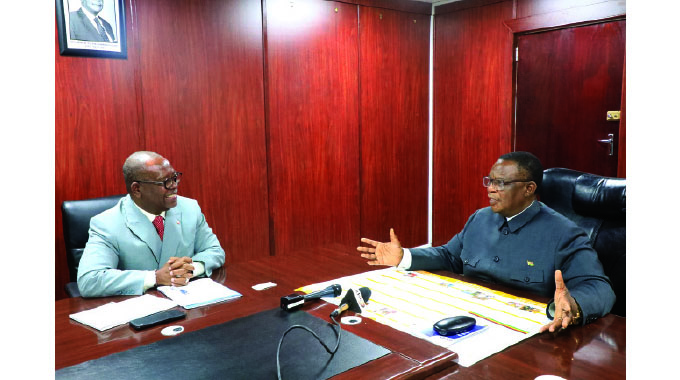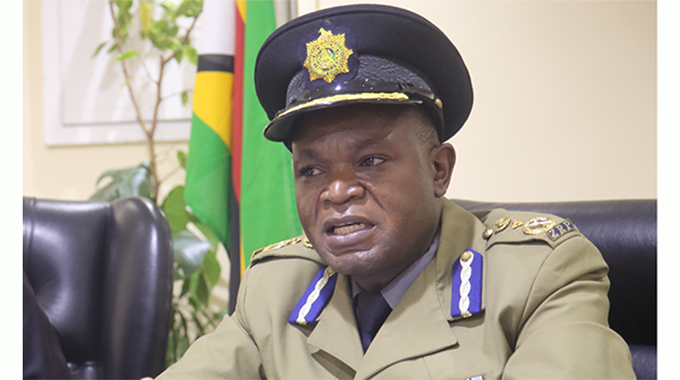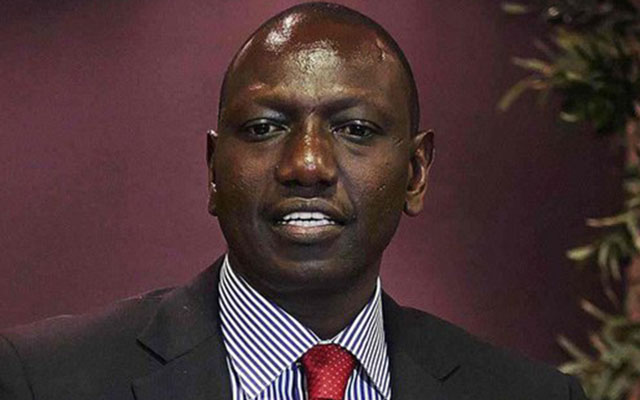‘Safety of journalists top priority’

George Maponga–Masvingo Bureau
The safety and security of journalists is guaranteed under the Second Republic, with the “fourth estate” being treated as a key partner to fight misinformation and educate the nation about ongoing developments aimed at steering Zimbabwe towards Vision 2030, Information, Publicity and Broadcasting Services Permanent Secretary Mr Nick Mangwana has said.
He was speaking to Masvingo journalists during an engagement meeting where the issue of safety and security of journalists loomed large as the nation moves towards elections in a few months.
Mr Mangwana said the Government was committed to safeguarding freedom of information and access to information, adding that journalism is not a crime in Zimbabwe.
“As Government we want to make it very clear that the safety and security of journalists is guaranteed,” said Mr Mangwana.
“Right now the police are moving around the country sensitising all stakeholders on the need to safeguard freedom of information, access to information and safeguarding the safety and security of journalists.
“They are moving around sensitising stakeholders that when journalists are doing their work, they are not committing a crime. As long as they are staying within the law they should be protected to do their job.”
Mr Mangwana said the Second Republic, led by President Mnangagwa, regards journalists as “partners and the fourth estate”, hence their characterisation as an essential service during the Covid-19 pandemic, and being among the first group of people to be vaccinated.
The Government was in the process of speeding up the drafting of the Media Practitioners Bill, which has been stalled by a shortage of drafters in the Attorney General’s Office.
However, Mr Mangwana noted that attempts to smuggle self-regulation by journalists into the Bill would not succeed.
He was “shell-shocked’’ to discover that some journalists’ representative bodies were now pushing for self-regulation, yet an earlier understanding was that the Bill would recognise co-regulation.
“Let it be very clear that there will be no self-regulation of the media industry because we cannot be seen to be usurping the duties of the Zimbabwe Media Commission, which is a constitutional body,” he said.
Journalists should close ranks and unite and speak with one voice saying the formation of one media representative body or association that incorporates all journalists including bloggers, content creators and others, was the responsibility of journalists themselves.
“The problem is the journalists want us (Ministry of Information) to ‘mother’ them, they want us to unite them but it’s not our job. They must come together and unite and come up with their own council with a code of ethics or constitution, but that association or body cannot be a statutory body because we already have ZMC,” he said.
He reiterated that the Government remains committed to the Media Practitioners Bill, adding that despite some challenges, they expect some movement because they have already identified potential drafters.
The have collected CVs for the potential drafters and forwarded them to the Attorney-General’s Office.









Comments